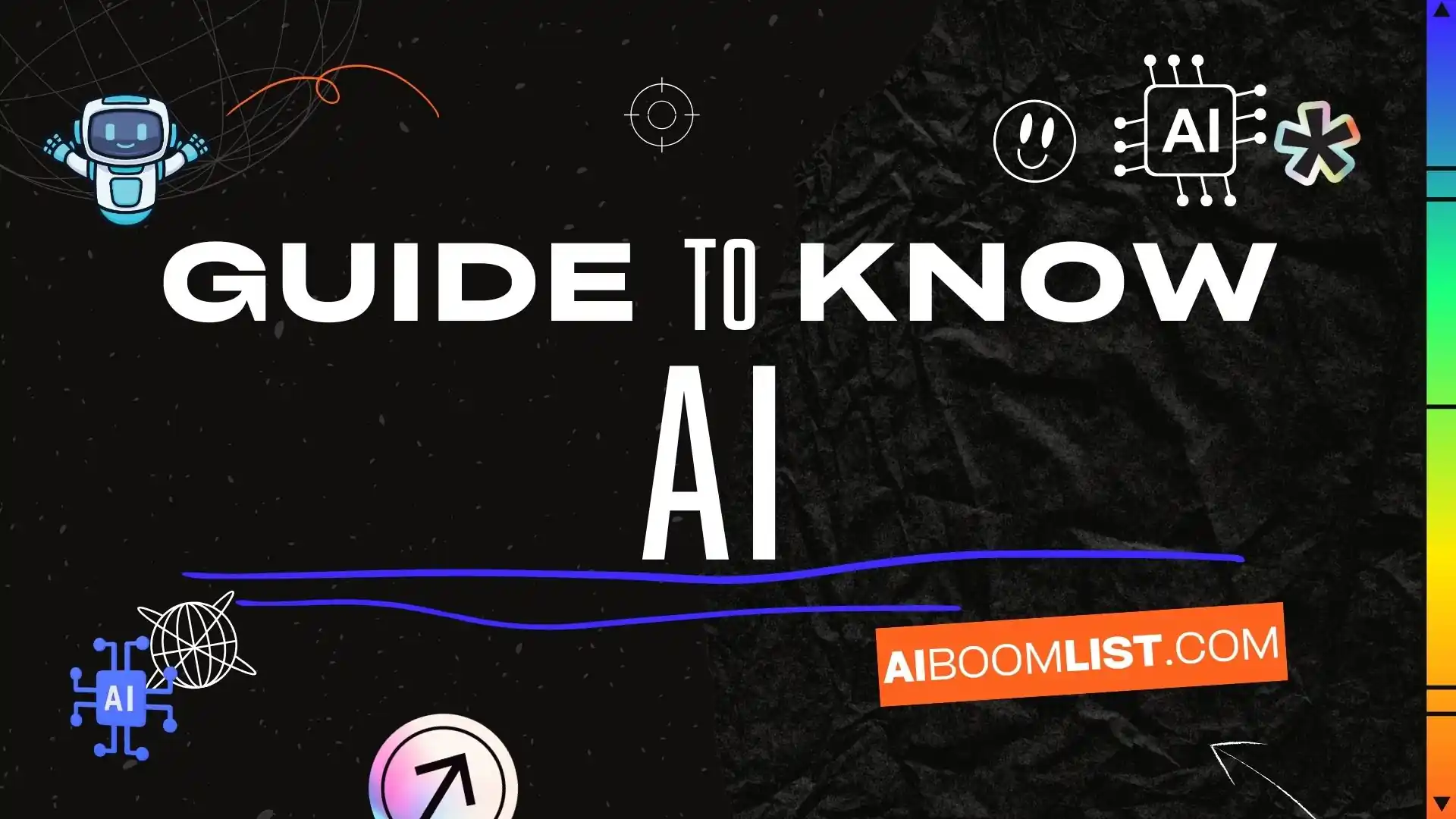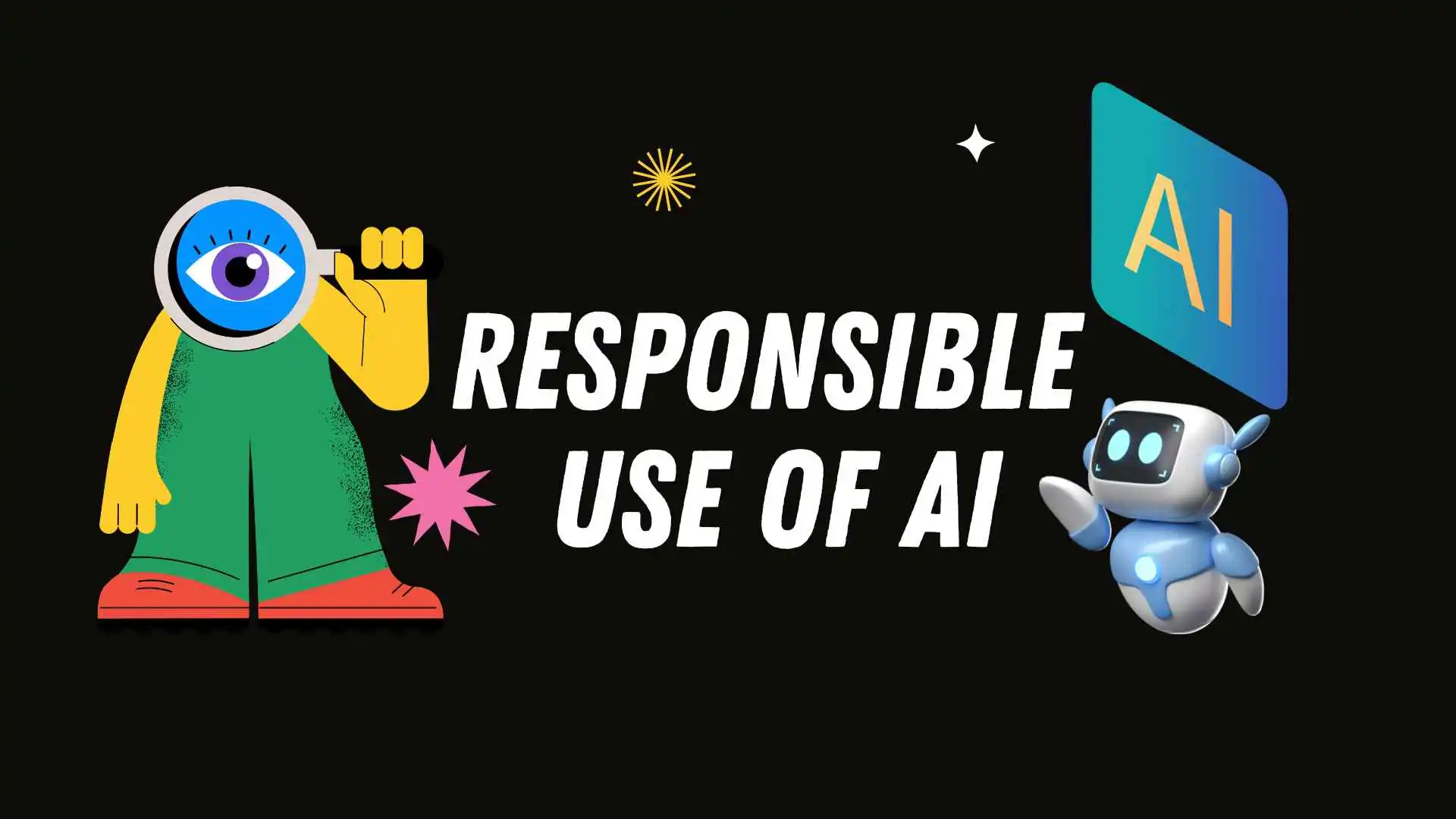AI for Personalization in Marketing: Revolutionizing Customer Engagement
In today’s competitive market, delivering personalized experiences is key to attracting and retaining customers. With the rise of artificial intelligence (AI), marketers now have powerful tools to offer tailored experiences to individuals, not just broad segments. AI is enabling businesses to understand customer preferences, predict behavior, and provide highly relevant content or offers. In this post, we will explore how AI is transforming marketing strategies and enhancing personalization for better customer engagement.
What Is Personalization in Marketing?
Personalization in marketing refers to the process of tailoring content, offers, and interactions to individual customers based on their preferences, behavior, and needs. The goal is to make each customer feel unique and valued. Traditional marketing used to treat audiences as broad groups with similar characteristics. Now, AI allows businesses to customize their messaging and services at an individual level, improving the relevance of what customers see and experience.
Using data from customer interactions—like website visits, purchases, and social media activity—AI systems can create personalized journeys that resonate with each person. This leads to better customer satisfaction, increased sales, and stronger brand loyalty.
AI-Driven Customer Insights
Understanding customers’ needs is crucial for delivering personalized experiences. AI helps marketers gather and analyze vast amounts of data, making it easier to uncover insights that might otherwise be hidden. Machine learning algorithms can sift through customer data, recognizing patterns and predicting future behavior.
For example, AI can identify a customer’s browsing history, purchase habits, and interactions across different channels. By analyzing this data, AI can predict what products or services a customer might be interested in next, allowing marketers to serve up the right offers at the right time.
With AI-powered tools like Google Analytics or HubSpot, businesses can track customer journeys and fine-tune their strategies. This enables more precise targeting, making marketing efforts feel less like a generic pitch and more like a thoughtful, personalized recommendation.
Personalized Content Recommendations
One of the most well-known ways AI enhances personalization is through content recommendations. Streaming services like Netflix and e-commerce sites like Amazon are prime examples of how AI can suggest relevant content to users based on their previous behavior. These systems analyze past interactions to predict what the user might enjoy next.
For example, Netflix uses AI to analyze a viewer's watch history and suggest shows or movies that match their preferences. Similarly, Amazon recommends products based on your browsing and purchasing history. In both cases, these personalized recommendations make it easier for customers to discover products or content they might not have found on their own.
Marketers can apply similar techniques to their email campaigns, websites, and mobile apps. By using AI-powered recommendation engines, businesses can suggest content, products, or services that align with each customer’s interests and needs, increasing engagement and conversion rates.
AI for Dynamic Pricing
AI also enables dynamic pricing, which allows businesses to adjust prices based on customer data and market conditions. This technique is widely used in industries like e-commerce, travel, and hospitality. By analyzing factors such as customer demand, competitor pricing, and time-sensitive offers, AI can help set personalized prices that maximize conversion and revenue.
For example, airlines use AI to adjust flight prices based on factors like the time left before departure, customer interest, and historical pricing trends. By offering personalized prices, businesses can optimize their revenue while still offering value to customers who may be more price-sensitive.
The benefit of AI in dynamic pricing is that it allows businesses to fine-tune their approach, offering the right prices to the right customers. This helps improve both customer satisfaction and business profitability.
AI-Powered Chatbots for Personalized Interaction
Customer support is an area where personalization is critical, and AI-driven chatbots are leading the charge. Chatbots powered by natural language processing (NLP) algorithms can interact with customers in a way that feels personal and natural. These AI tools are available 24/7, providing real-time assistance to customers on websites, apps, and social media platforms.
By using data from previous conversations and interactions, chatbots can provide tailored responses. For instance, if a customer has previously asked about a specific product, the chatbot can remember that and offer more detailed information or personalized recommendations. This level of personalized service can improve the overall customer experience and boost customer loyalty.
AI chatbots also allow businesses to scale their customer service efforts without sacrificing personalization. With machine learning, these chatbots continuously improve and become better at understanding customer needs and offering relevant solutions.
Hyper-Personalized Email Marketing
Email marketing is one of the most effective ways to communicate directly with customers. However, sending generic emails to a large list can feel impersonal and fail to drive engagement. AI makes it possible to create hyper-personalized email campaigns that speak directly to individual recipients.
AI tools can analyze a customer’s behavior and preferences to send highly targeted messages. This includes personalized subject lines, product recommendations, and offers based on past interactions. Mailchimp and Klaviyo are examples of email marketing platforms that use AI to automate personalized email campaigns. These tools track customer actions and generate dynamic email content that aligns with their interests.
For example, if a customer abandons a cart, an AI-driven email can remind them of the items they left behind, perhaps offering a discount or suggesting related products. By making emails feel more relevant and personal, businesses can significantly improve engagement rates and increase conversions.
Predictive Analytics for Marketing Campaigns
Predictive analytics is another way AI can enhance marketing personalization. Using historical data, AI algorithms can predict future trends and customer behavior. Marketers can use these insights to fine-tune their campaigns and make more informed decisions about where to allocate resources.
For instance, AI can predict which customers are likely to churn, allowing businesses to take proactive steps to retain them—such as offering special discounts or personalized content. Similarly, AI can help predict which leads are most likely to convert into paying customers, enabling sales teams to focus their efforts on high-potential prospects.
Predictive analytics helps marketers anticipate customer needs before they arise, ensuring that the right message reaches the right person at the right time.
Social Media Personalization with AI
Social media is another area where AI is enhancing personalization. AI tools help businesses analyze social media data to identify customer preferences, interests, and behavior patterns. By tracking what users like, share, and comment on, AI systems can suggest personalized content that is more likely to resonate with individual users.
For instance, platforms like Facebook and Instagram use AI algorithms to deliver personalized ads to users based on their online behavior. Businesses can take advantage of these AI-driven features by running more targeted ad campaigns that are tailored to specific customer segments.
Moreover, AI tools like Hootsuite and Sprout Social allow businesses to schedule posts, track social media engagement, and analyze the effectiveness of their content. By understanding customer engagement in real time, marketers can adjust their content strategy and deliver more personalized messages to their followers.
AI and Customer Segmentation
AI has also revolutionized customer segmentation. Traditional segmentation methods group customers into broad categories, like age or location. With AI, segmentation becomes more sophisticated. AI can analyze vast amounts of data and segment customers based on more detailed behaviors, preferences, and past interactions.
For example, a clothing retailer could use AI to segment its customers by shopping habits, preferred styles, or even color preferences. This allows marketers to create highly tailored campaigns that resonate with each segment, improving the likelihood of conversion.
AI-based segmentation also enables businesses to identify new customer segments that may have been overlooked in the past. By uncovering hidden patterns in customer behavior, AI helps marketers discover new opportunities and refine their targeting strategies.
The Future of AI in Marketing Personalization
As AI continues to evolve, its role in marketing personalization will only grow. The ability to provide highly personalized experiences will become even more sophisticated as AI systems learn from more diverse data sources and improve their algorithms. Marketers will be able to deliver real-time, context-aware content that speaks directly to each customer’s unique preferences.
In the future, AI could even be used to create personalized video content, interactive experiences, and virtual shopping assistants. The possibilities are endless, and businesses that embrace these innovations will likely stay ahead of the competition.
Conclusion
AI is changing the landscape of marketing by making personalization more accessible, efficient, and impactful. From personalized content recommendations to predictive analytics, AI enables businesses to engage with customers on a deeper level. By leveraging AI for personalization, companies can create more meaningful connections with their audience, increase customer satisfaction, and drive better business results. As AI technology continues to advance, the future of marketing will undoubtedly be more personalized than ever before.










